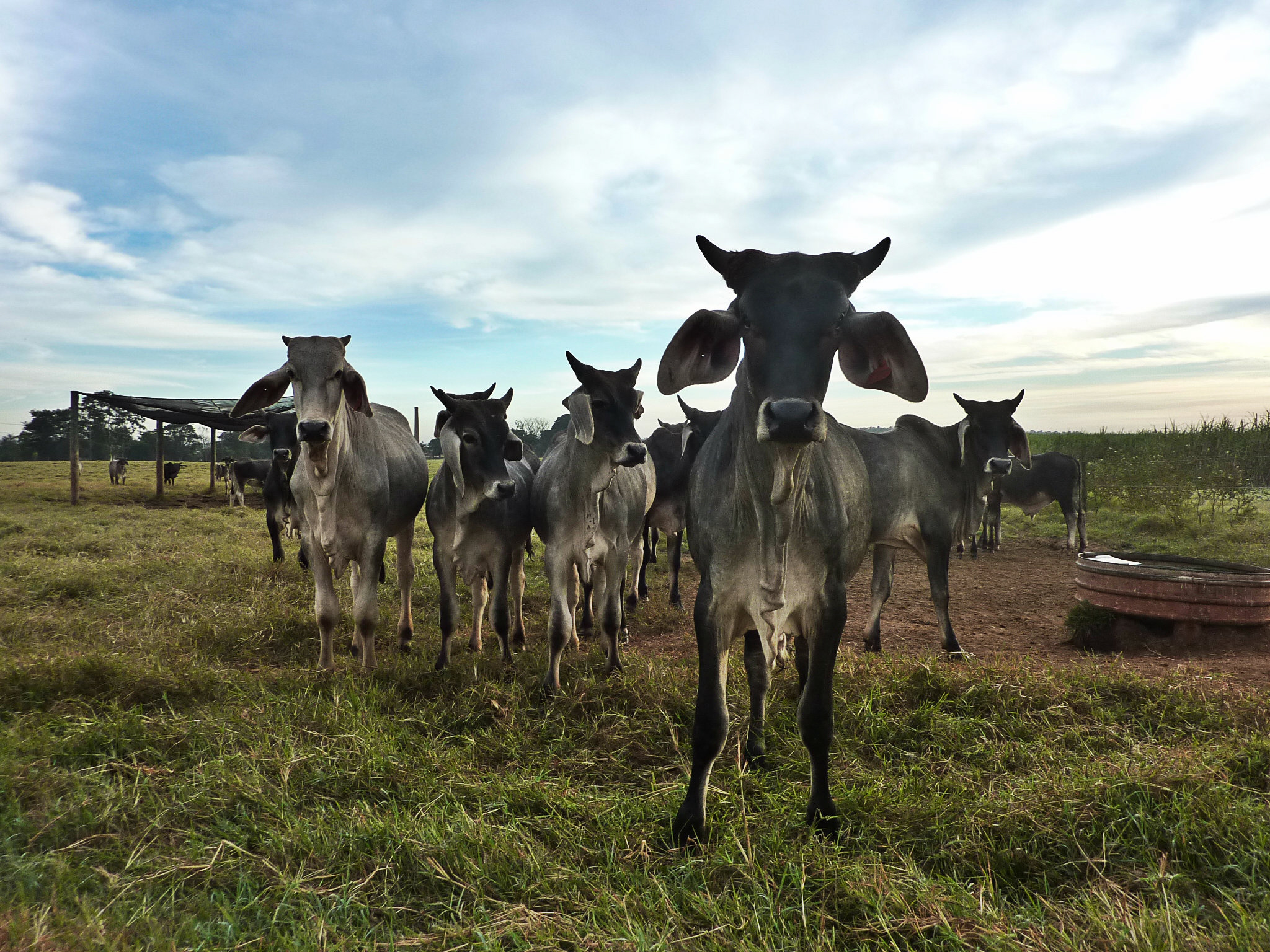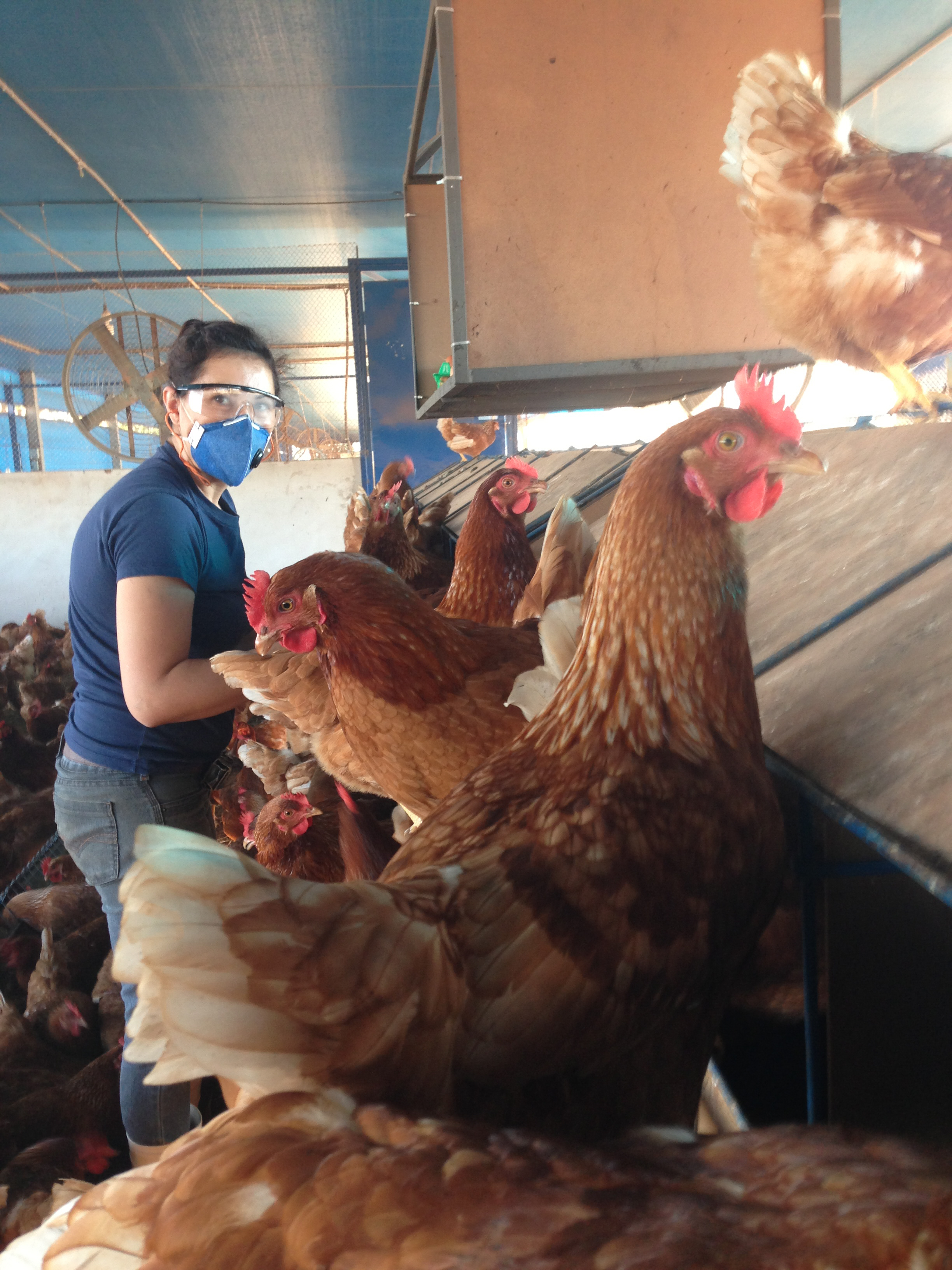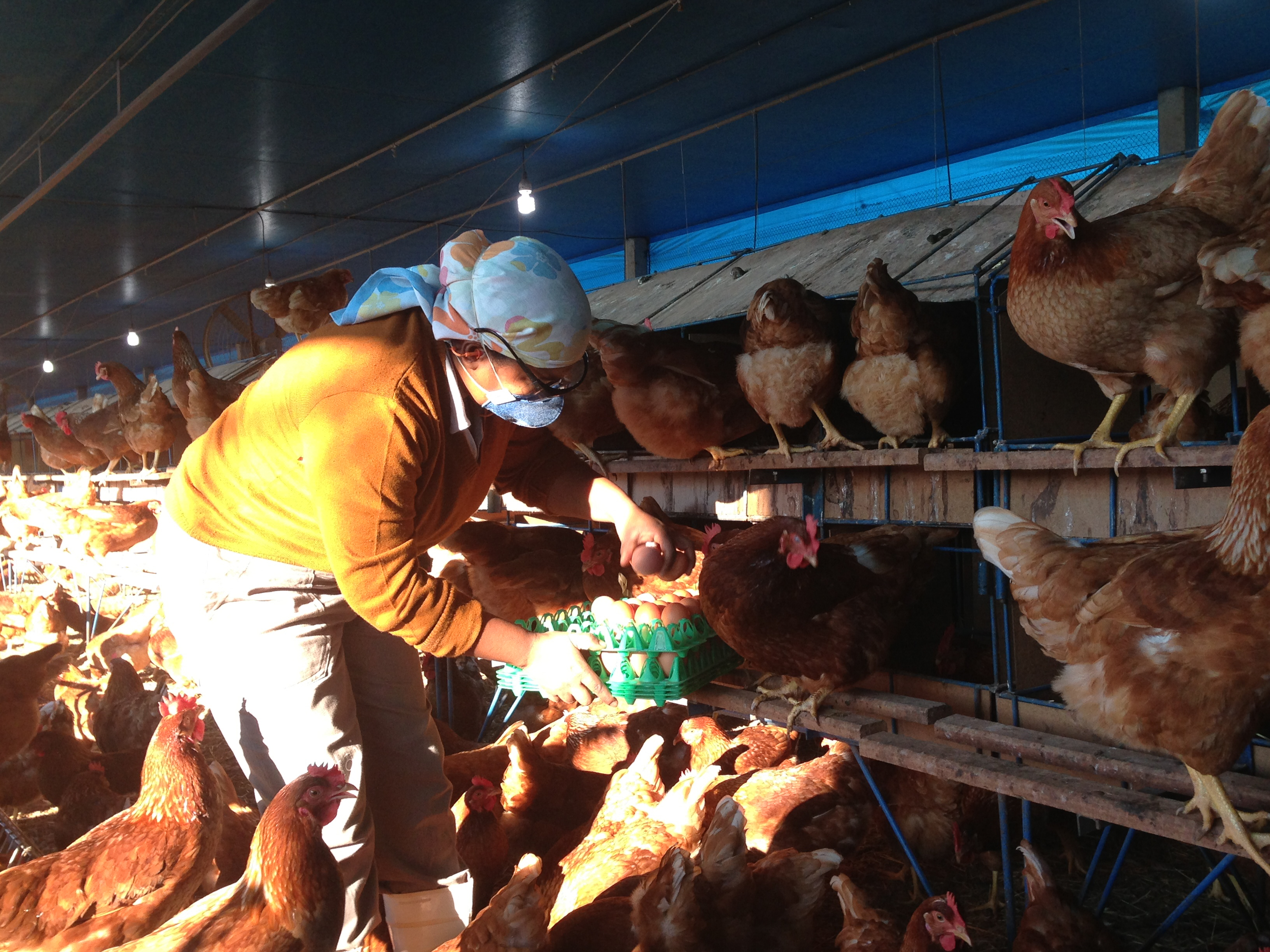



New Poultry Enterprise Helps Sustain Rural Families in Brazil
Brazilian farms can be made more sustainable by integrating poultry and beef cattle production, explains Murilo Quintiliano of Food Animal Initiative (FAI) Brazil.A shortage of skilled workers was mentioned as the fourth biggest concern of farmers in Brazil, according to the results of a new survey.
Climate change impacts were mentioned by 50 per cent of respondents, low producer prices by 27 per cent, pests and diseases by 21 per cent and labour problems just behind with 20 per cent.
The ICAGRO (Agribusiness Confidence Index) study had been coordinated by the Federation of Industries of the State of São Paulo (Fiesp) and the Organization of Brazilian Cooperatives (OCB) and used a set of variables to assess the expectations of the country's farming sector about their future business and Brazil's economic environment in general.

One of the biggest challenges of the Brazilian livestock producer today is to find ways to maintain at least acceptable conditions for rural people in this age of high-tech, climate control and strategic management.
According to the country's last official census in 2010, only 15.6 per cent of population still resides in rural areas. In the 1980s, it was 32.3 per cent – more than double the proportion.
This situation directly affects the sustainability of Brazilian agribusiness, mainly in the production of beef cattle owing to the size of the properties and the heavy dependence on rural workers. The interaction between human beings and animals is an intrinsic characteristic of this production system, and it directly affects the quality and productivity of the system.
Using direct contact with producers from all over the country through courses, training and consulting, FAI Brazil has developed and refined alternatives and presents them to the food chain, mainly to producers. The core principle of this work is to match the needs for economic viability, preservation of the environment and respect for ethics in production.
The starting point was a identify the main reason for workers on beef cattle farms deciding to leave the countryside for the towns and cities. The great majority - 80 per cent - made the decision based on the desire of family members (wife and children) for better conditions of work and study.
With this in mind, a plan needs to be developed to integrate activities on the farm concerned and its neighbours to offer not only employment for the workers but also a role for his wife in the production system and easy access to school for the children.
For the FAI headquarters in Brazil, the main activity is beef cattle, explains Mr Quintiliano.

At the farm, they identified the production of eggs from cage-free chickens as a "secondary activity" in order to offer the chance to earn additional income to the wives of the farmers workers as well as their neighbours, whose husbands were employed mainly in the sugar and alcohol sectors.
Previous experience from other farms showed that the women can excel in caring for the birds, in the collection and care of the eggs and the general organisation necessary for the proper control of production.
Today, reports Mr Quintiliano, four women are responsible for the care of 12,000 birds and the daily egg production. Until the new egg enterprise had been set up at the farm, they had been unable to supplement the family income at all; now, the women have been able to provide up to a 120 per cent increase in total family income. None has left the programme due to a lack of opportunities.
For the farm as a whole, the diversification into egg production has brought the benefit of improved cash flow. With its semi-intensive system, the sale of beef cattle is concentrated at certain times of the year, while the expenses are monthly. The sale of eggs provides a weekly cash flow, which helps in the planning of expenditure.

It is important to make careful consideration before introducing a new enterprise on the farm, stressed Mr Quintiliano. As well as the possible benefits to family life, the company or landowner needs to consider:
- salaries consistent with the activity and function
- housing and/or regular, safe and reliable transportation for workers
- a complementary health plan
- bonus for performance and productivity and
- respect for employment legislation.
If we define sustainability as "that which has the ability to keep", we include the health and well-being of the workers alongside the technical and economic aspects of running a business – essential for the successful continuation of rural enterprises, said Mr Quintiliano.
November 2014











